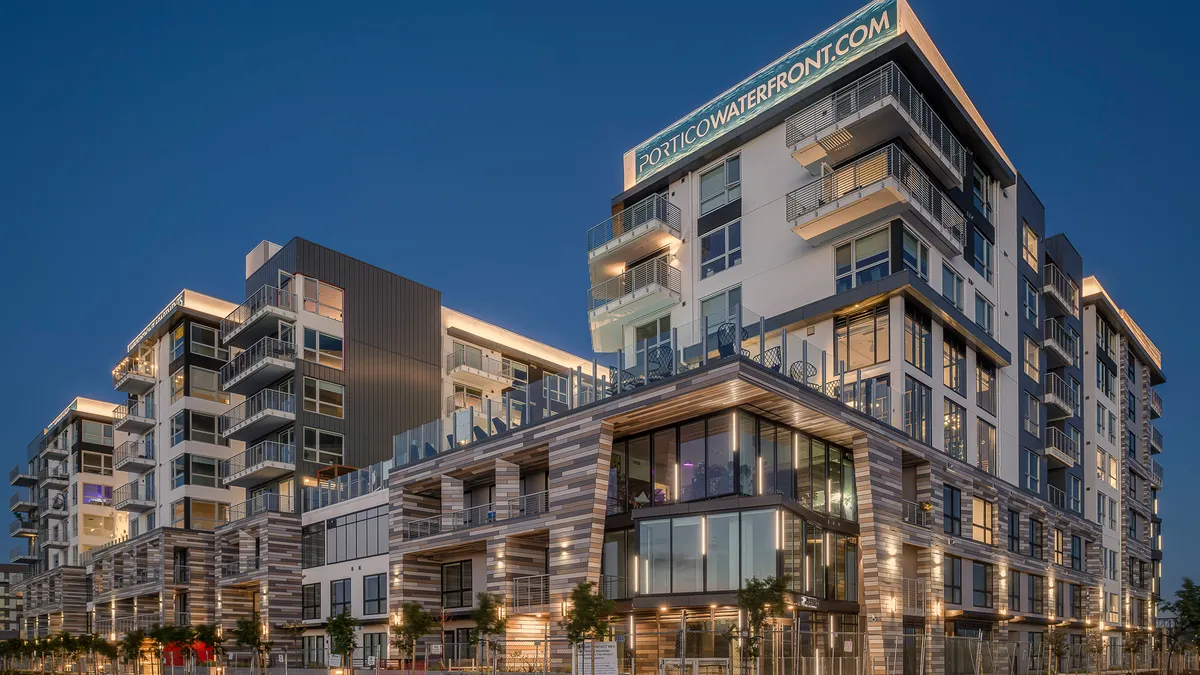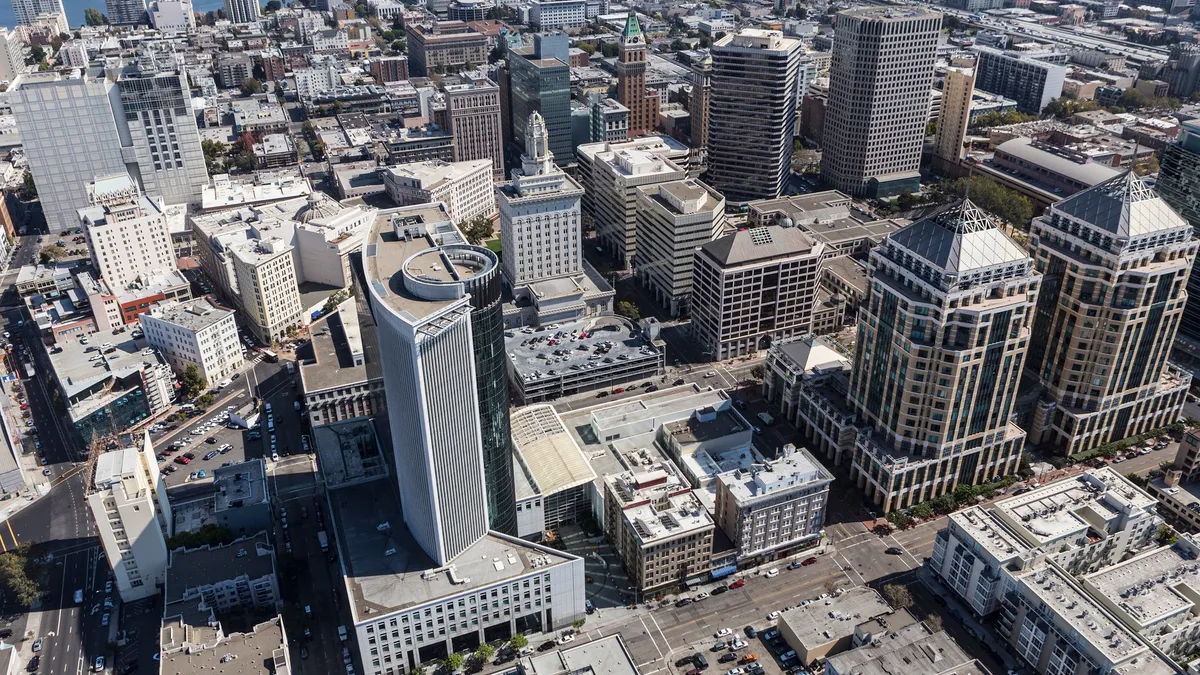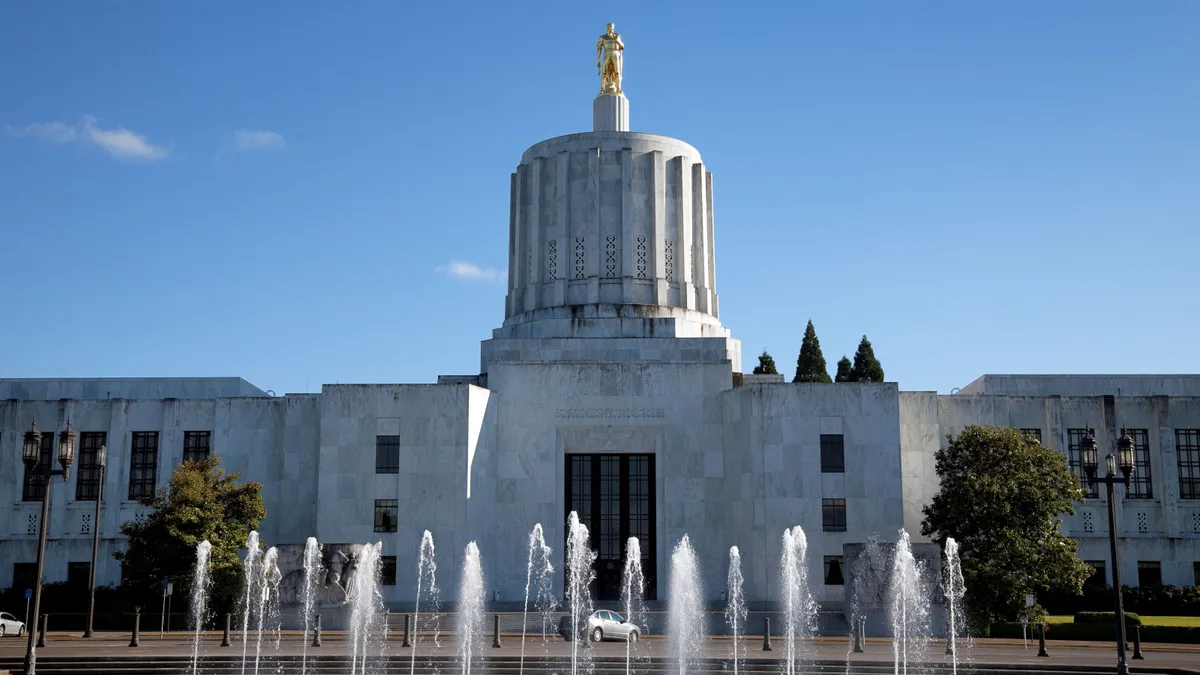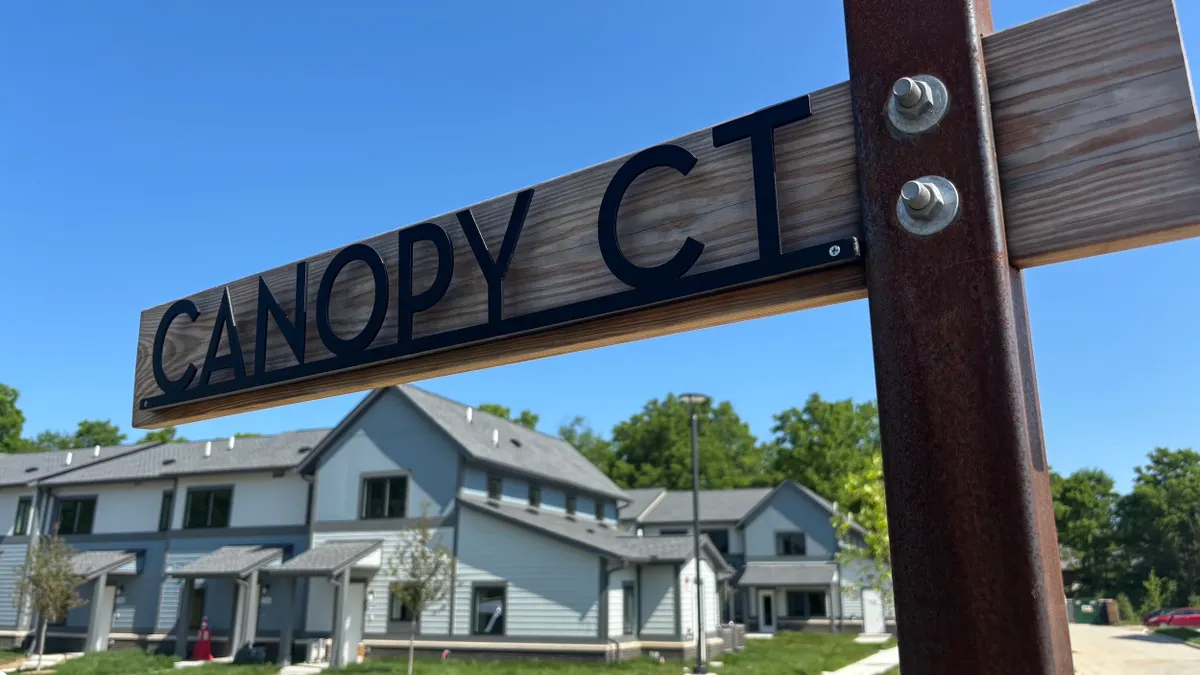In late June, California Gov. Gavin Newsom signed legislation as part of the 2025-2026 state budget that reformed the California Environmental Quality Act.
CEQA is intended to inform the government and the public about the potential environmental effects of proposed developments. Yet, many developers argue that it has become a tool for neighborhood groups to block housing.
“There are a lot of deals that didn't happen or got scrapped because of the threat of litigation or the threat of delay,” said Sean Burton, CEO of Los Angeles-based apartment owner and developer Cityview. “It was just too much risk, and so people passed on projects.”
However, the budget, part of what Newsom called California’s Abundance Agenda, promises to streamline CEQA review to expedite the delivery of housing and infrastructure projects, including infill housing, high-speed rail facilities, utilities, broadband, community-serving facilities, wildfire prevention and farmworker housing.
“It’s the most significant land use legislation in California that I've seen in my career,” Burton said. “CEQA has been around since 1971. It was probably the major impediment to getting new housing built in the state.”
Burton now believes that more apartment developers will start exploring opportunities and taking action in California. Previously, some high-profile firms, such as Atlanta-based Wood Partners, had left the state.
“I think development deals are going to be more financeable in California because there is more certainty for investors and for lenders,” Burton said.
Here, Burton talks with Multifamily Dive about the opportunity for development, the labor market and Cityview’s decision to expand.
This interview has been edited for brevity and clarity.
MULTIFAMILY DIVE: Do you see the environment changing so that development will become more attractive?
SEAN BURTON: For the last couple of years, we focused on acquisitions because we could buy at a deep discount to replacement costs. When you have a significant delta between the existing replacement cost and the new cost, it makes sense to buy rather than build.
But what we've seen over the last six months is that so many people are chasing acquisitions, that it's really driving cap rates down again to the point where the discount isn't that significant anymore to replacement cost.
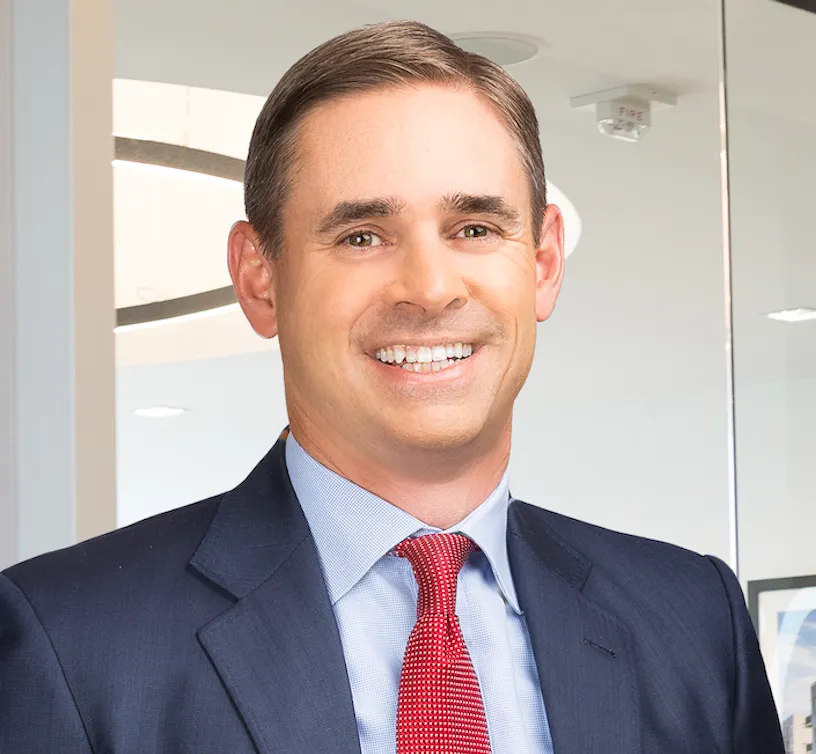
We believe we can build for a yield of 6.5% to 7% on cost, whereas it would likely sell at a cap rate of 4.5% to 5% today. That premium of 200 to 250 basis points makes development attractive.
Is there less competition in the development market?
You're seeing cap rates start to go down, and frankly, there are just a lot more firms competing for acquisitions. For every acquisition deal, we have 20 competitors versus two or three for every development deal. So, there are fewer people doing development. It's a less-efficient market. It's more complicated.
What is in your development pipeline?
We're completing a 266-unit project located across from SpaceX’s headquarters in the Los Angeles area.
In LA County, we have 2,500 units under entitlement. We have the land, either we own it or we've optioned it. We're preparing to develop, so we haven't put sticks in the air in a couple of years because it's been really challenging due to high interest rates. Then, also here in LA, we passed a mansion tax, which has made it almost impossible to build new market-rate housing in the city.
Los Angeles has been at the epicenter of immigration enforcement activities. How will that affect the availability of construction labor?
It will definitely affect construction labor, especially for smaller homebuilders. At Cityview, we're a fairly large developer. We work with big general contractors. We're not seeing it in our projects, but we're certainly hearing about smaller developers experiencing it.
We're hearing a lot of concern from single-family homebuilders because of the need to rebuild from the fires here in LA.
What drove your decision to expand nationally and open offices in Dallas and New York City?
We just made the decision that it's a big country, and it was getting more and more challenging, frankly, to do things here in California. We are the fourth or fifth largest economy in the world on any given day, which means there's opportunity.
But I don't want to put the fate of the whole firm and our future growth and scaling and development in California's hands.
We've seen really good opportunities in places like Boston and Atlanta and Orlando, Florida, and obviously Dallas — markets that have a lot of demand and really strong growth. And, it's been our desire for a while to expand into those markets.
How did you choose markets to move into?
Starting last summer, we worked with a third-party market study company, and we looked at the 40 biggest markets in the country across 55 different variables, including supply, demand, quality of life, education, economic factors and finance factors.
We really whittled down to the top 10 markets that we wanted to focus on. And three were in the East — Boston, Atlanta and Orlando. Texas was already a priority market for us. So we decided to shift some of our focus and effort to investing in those states and cities.
Click here to sign up to receive multifamily and apartment news like this article in your inbox every weekday.



